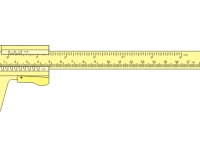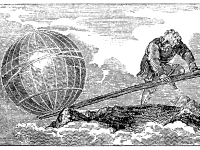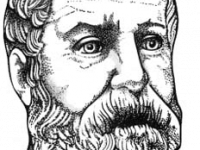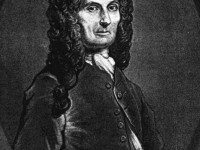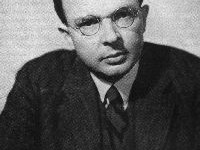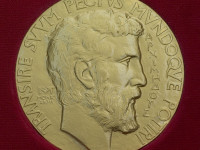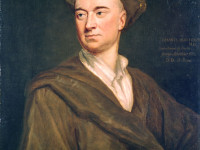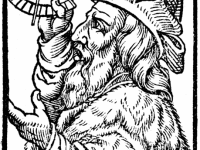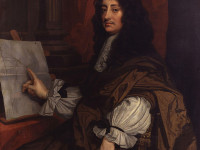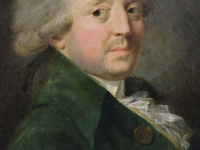Making Measurements accurate – Pierre Vernier and the Vernier Scale
On August 19, 1580, French mathematician and instrument inventor Pierre Vernier was born. He is best known for having invented the eponymous vernier scale, which enabled instruments to make more accurate linear or angular measurements. Pierre Vernier – Early Years Vernier was born in Ornans, Franche-Comté, in 1580. Being born in Franche-Comté (Free Country) meant that Vernier (and his father) were involved, not with the government of France but with that of…
Read more

